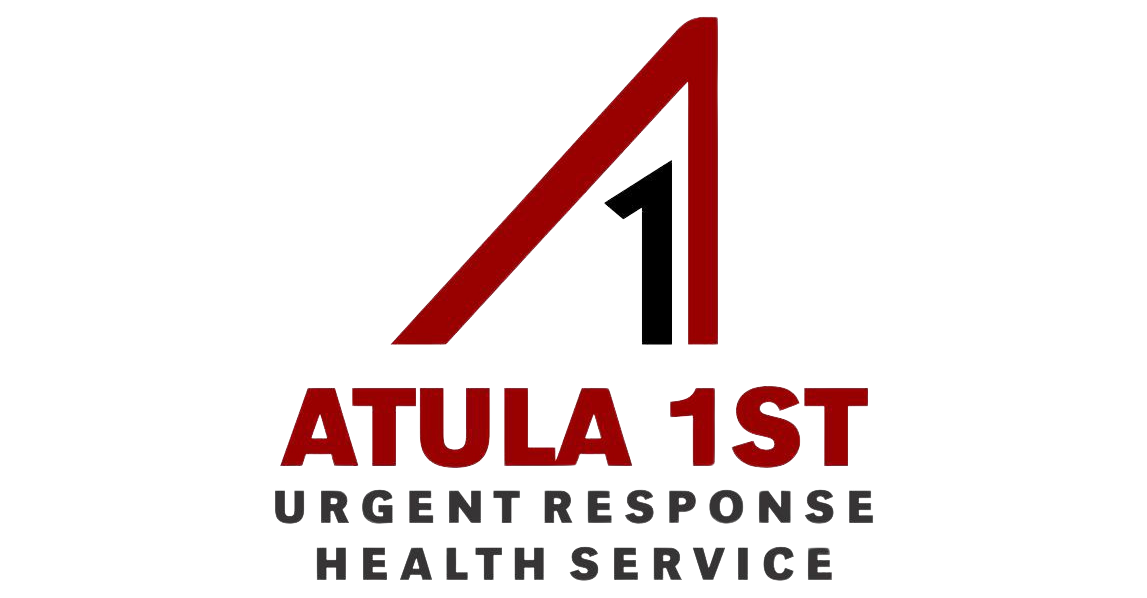Nigeria’s healthcare sector, already grappling with significant challenges, is poised to face an even more turbulent future. While strides have been made, emerging issues threaten to undermine the nation’s progress.
The Looming Crisis
- Economic Headwinds: The nation’s economic climate, marked by inflation and currency devaluation, will strain healthcare budgets. This could lead to reduced funding for essential services, equipment, and personnel.
- Climate Change Impact: The increasing frequency and intensity of extreme weather events will disrupt healthcare delivery, damage infrastructure, and contribute to the spread of diseases.
- Drug Resistance: The rise of antimicrobial resistance poses a grave threat. Untreatable infections could overwhelm healthcare systems, leading to increased morbidity and mortality.
- Mental Health Burden: The growing prevalence of mental health disorders, exacerbated by economic hardship and social unrest, will strain resources and require expanded services.
- Non-Communicable Diseases: The increasing burden of chronic diseases like diabetes, hypertension, and cancer will place immense pressure on healthcare systems and budgets.
- Population Growth: The rapid population growth will increase demand for healthcare services, straining existing infrastructure and resources.
Mitigating the Impact
Addressing these challenges requires a proactive and multi-faceted approach:
- Diversified Funding: Explore innovative financing mechanisms to supplement government funding, such as public-private partnerships and health insurance schemes.
- Climate Resilient Healthcare: Invest in infrastructure that can withstand climate shocks and develop early warning systems for disease outbreaks.
- Antimicrobial Stewardship: Promote the appropriate use of antibiotics and invest in research and development of new antimicrobial agents.
- Mental Health Integration: Integrate mental health services into primary care and invest in training healthcare providers.
- Prevention and Early Detection: Focus on preventive care, early detection, and chronic disease management to reduce the burden on the healthcare system.
- Human Resources Development: Invest in training and retaining healthcare professionals to meet the growing demand for services.
Nigeria’s healthcare sector stands at a crossroads. By anticipating and addressing these challenges, the nation can build a more resilient and equitable health system for all its citizens.
What are your thoughts on the upcoming challenges facing Nigeria’s healthcare system? Share your insights in the comments below.

